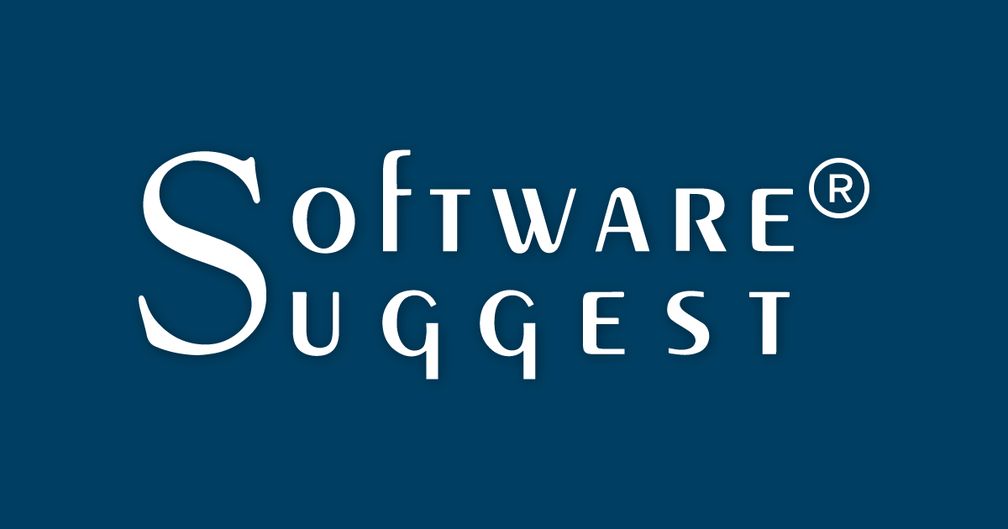In an age where digital information reigns supreme, the importance of cybersecurity cannot be overstated. With cyber threats on the rise, data breaches have become a pervasive risk, posing significant challenges to businesses worldwide. Moreover, regulatory pressures and customer expectations for data protection have intensified, underscoring the critical need for robust cybersecurity measures. In this blog post, we’ll delve into the growing concerns surrounding data security, explore the potential consequences of breaches, and discuss actionable solutions to fortify cybersecurity infrastructure.

Understanding the Pain Point
The prevalence of cyber threats, ranging from malware and phishing attacks to ransomware and insider threats, has made data breaches a constant threat to businesses of all sizes and industries. The consequences of data breaches can be severe, including financial losses, reputational damage, legal repercussions, and erosion of customer trust. Additionally, regulatory bodies such as GDPR, CCPA, and HIPAA have imposed stringent requirements for data protection, further heightening the pressure on organizations to safeguard sensitive information.

Solution: Enhancing Cybersecurity Measures
To address the evolving landscape of cyber threats and mitigate the risks of data breaches, organizations must prioritize cybersecurity and implement proactive measures to protect sensitive data. Here are key strategies for strengthening cybersecurity infrastructure:
1. Invest in Advanced Security Solutions: Deploy robust cybersecurity solutions such as firewalls, intrusion detection systems, and antivirus software to defend against external threats. Additionally, consider investing in advanced technologies like endpoint detection and response (EDR) and security information and event management (SIEM) systems for comprehensive threat detection and response capabilities.
2. Implement Encryption Measures: Encrypting sensitive data both in transit and at rest is essential for preventing unauthorized access and ensuring data confidentiality. Utilize encryption protocols such as Transport Layer Security (TLS) for securing communications and encryption algorithms like AES (Advanced Encryption Standard) for protecting stored data.
3. Conduct Regular Security Audits: Regular security audits and vulnerability assessments are critical for identifying and addressing security weaknesses before they can be exploited by cyber attackers. Engage third-party cybersecurity firms or internal security teams to conduct comprehensive audits, penetration testing, and security assessments to assess the effectiveness of existing security controls and protocols.
4. Enforce Strong Access Controls: Implement strict access controls and user authentication mechanisms to limit access to sensitive data only to authorized personnel. Utilize techniques such as multi-factor authentication (MFA), role-based access control (RBAC), and least privilege principles to enforce granular access permissions and prevent unauthorized access.
5. Educate and Train Employees: Human error remains one of the leading causes of data breaches, highlighting the importance of employee education and training in cybersecurity best practices. Conduct regular security awareness training sessions to educate employees about common cyber threats, phishing scams, and social engineering tactics, empowering them to recognize and mitigate security risks effectively.
Benefits of Strengthening Cybersecurity Measures
Enhancing cybersecurity measures offers numerous benefits for organizations:
– Reduced Risk of Data Breaches: Robust cybersecurity measures help mitigate the risks of data breaches, protecting sensitive information from unauthorized access and exploitation.
– Compliance with Regulatory Requirements: By implementing comprehensive cybersecurity measures, organizations can demonstrate compliance with regulatory requirements such as GDPR, CCPA, HIPAA, and PCI DSS, avoiding costly fines and penalties.
– Preservation of Customer Trust: Proactive efforts to safeguard data instill confidence in customers and stakeholders, preserving trust and loyalty in the organization’s brand and reputation.
– Protection of Intellectual Property: Strong cybersecurity measures safeguard valuable intellectual property and proprietary information from theft and unauthorized disclosure, preserving competitive advantage and business continuity.

Conclusion
In conclusion, strengthening cybersecurity measures is essential for protecting sensitive data, mitigating cyber risks, and upholding regulatory compliance. By investing in advanced security solutions, implementing encryption measures, conducting regular security audits, enforcing strong access controls, and educating employees about cybersecurity best practices, organizations can enhance their cybersecurity posture and safeguard against evolving cyber threats. Ultimately, by prioritizing cybersecurity, organizations can protect their most valuable assets, maintain customer trust, and ensure long-term resilience in an increasingly digital world.

























